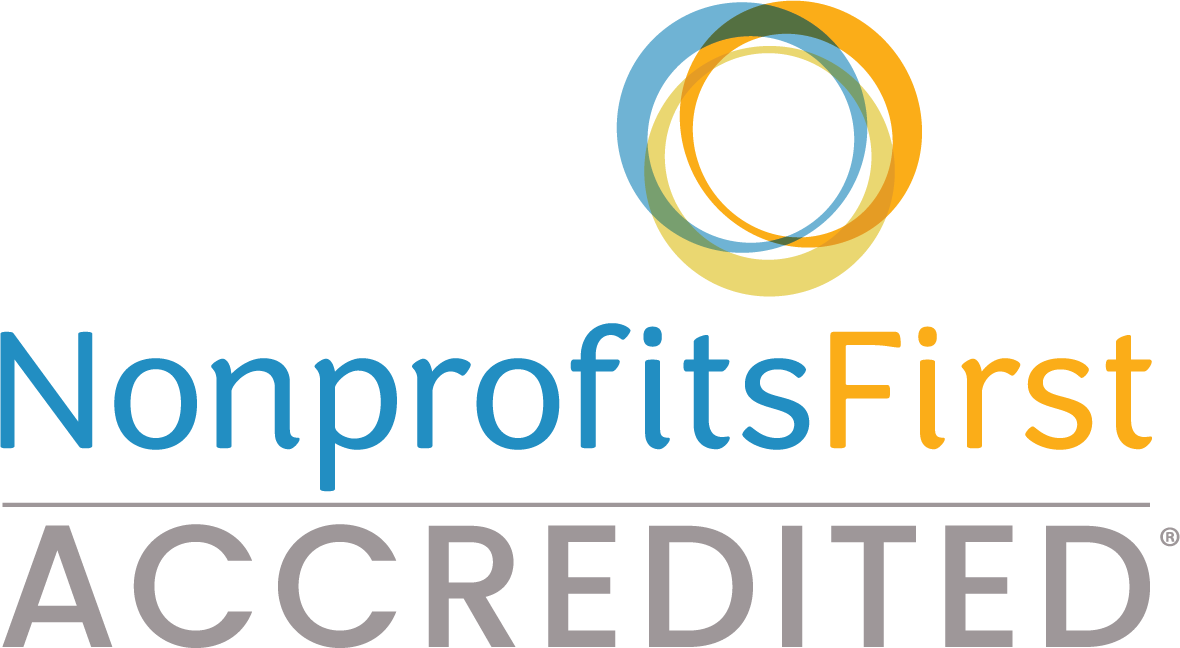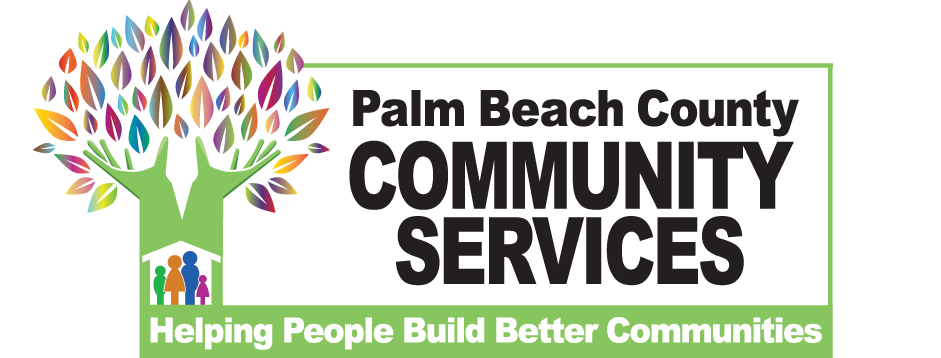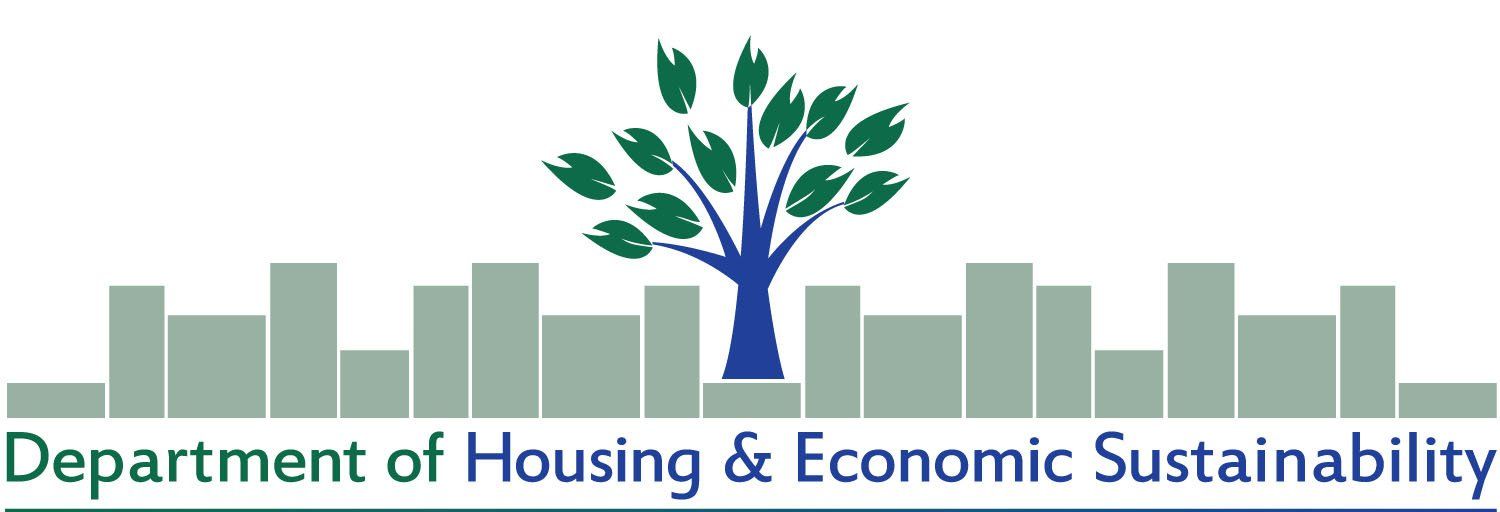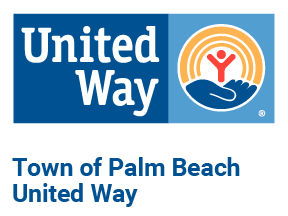New Paragraph
CBS12 News highlights local non-profit efforts to aid domestic violence victims
WEST PALM BEACH, Fla. (CBS12) — CBS12 News is supporting an important local effort to provide services and emergency shelter for victims of domestic violence.
The non-profit Aid to Victims of Domestic Abuse, also known as AVDA, is raising funds for it’s many important programs. This month, they have a donor who has pledged to match up to $40,000 in contributions, so anything you donate will really make a difference.
As part of our coverage, Stefany Valderrama sat down with the Chief Program Officer of AVDA Palm Beach Jennifer Rey to talk about how you can recognize signs there may be an issue and how to help when a victim is ready.
The pattern that survivors have said over and over... is that they see now the warning signs and they understand why those were warning signs.
"The pattern that survivors have said over and over... is that they see now the warning signs and they understand why those were warning signs," Rey told CBS12 News.
The red flags seem obvious in hindsight, but it’s hard for someone in an abusive relationship to see them and accept them.
Rey has been helping victims of domestic violence for 25 years. She tells CBS12 News many victims are beaten down long before they are beaten up.
It is a process of chipping away at someone’s self-esteem and self-worth.
"It is a process of chipping away at someone’s self-esteem and self-worth," said Rey.
Isolating a victim from family and friends, even forcing them to quit their jobs, puts the victim more firmly in the control of their abuser.
But domestic violence isn’t always physical.
Perpetrators can control and abuse a victim in many ways -- emotionally, verbally, financially, or sexually.
READ MORE HERE: Domestic abuse survivor on a mission after being shot by husband
But the first step to getting someone out of an abusive situation is for allies to recognize what’s happening.
Initially, you may not even notice anything has changed.
A victim might start missing family gatherings, skipping girls' night out, or a regular golf game. Keeping a victim away from friends and family reduces the chances that people who love them will realize something is wrong.
Victims may also stop participating in their favorite hobbies, they could talk less frequently to friends because the abuser might get jealous or they might mention their partner checking their phone, calling them names or insulting them in front of people.
All of those are red flags.
"What are the steps, appropriate steps to take, to help someone who you know is suffering?" Asked CBS12 News, Reporter Stefany Valderrama.
"Listening is a good place to start. Listen to what they have to say.” Rey answered.
"We are walking this very thin line of noticing an alarming pattern. I want to have a conversation about it, but you don't want to scare this person away from feeling that they can trust you. So what do we do?Asked CBS12 News Reporter Stefany Valderrama.
"I think exactly what you just said... I care about you. I’m concerned about you. I'm noticing these things. Do you want to talk about what's going on in your relationship?" Rey told CBS12 News.
Rey says in most cases victims will get defensive, but you have to remain calm and avoid coming off as judgmental, and most importantly, you have to keep the line of communication open.
"It needs to be said, for friend and family, that this is marathon, not a sprint," said Rey. "We are not going to convince anybody to get out of an abusive relationship with one conversation."
Remember, abusers want to keep friends and family away, so you have to be persistent, don’t accept excuses, and remind them you care with a text or call. Otherwise, their abuser’s voice is the only one they hear.
Abusers will say, 'I'm the only who cares about you'
"Abusers will say, I'm the only who cares about you," Rey explained.
When a victim takes stock of their life and finds they’ve lost contact with everyone else, that they have no one and no support outside this one relationship, they end up staying longer.
"Be patient, be understanding, be kind, be gentle, and over time, with resources, with tips and safety tips, we can hopefully help navigate them out of this situation," Rey explained.
Be patient, be understanding, be kind, be gentle, and over time, with resources, with tips and safety tips, we can hopefully help navigate them out of this situation.
If you are trying to help a victim of domestic abuse, Rey advises you should find people to confide in because you are carrying a burden now, too. If you’re not sure who to trust, the experts at AVDA can help just call 800-355-8547. They can also direct you to resources, so if and when a victim decides it’s time to make a change, you can help them get there.
HOW YOU CAN HELP
CBS12 News is partnering with AVDA for it's annual Purple Pajama Party Fundraiser.
A private family foundation is matching all donations up to $40,000.
You have until November 15th to donate.
Find more ways to stay up to date with your latest local news. Sign up for our newsletter to get the day's top headlines delivered right to your inbox. Subscribe to our YouTube channel for the biggest stories and can't miss video.
 Translate
Translate











